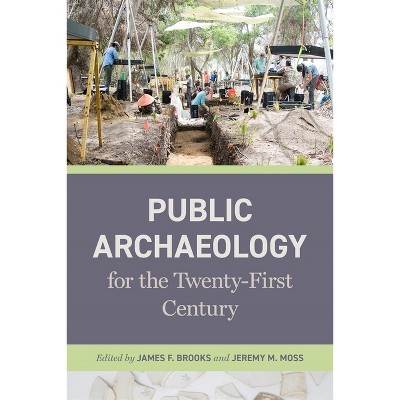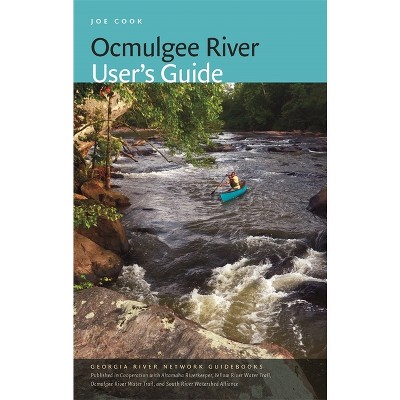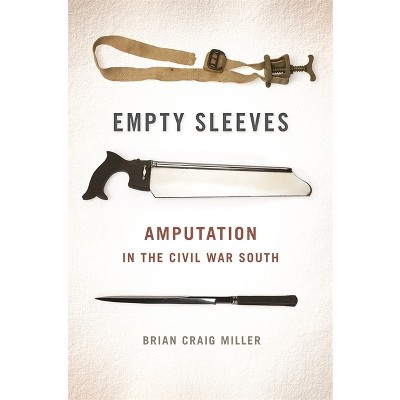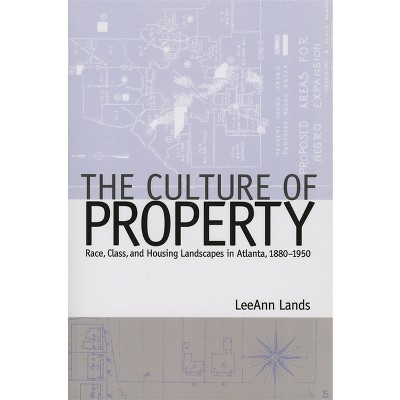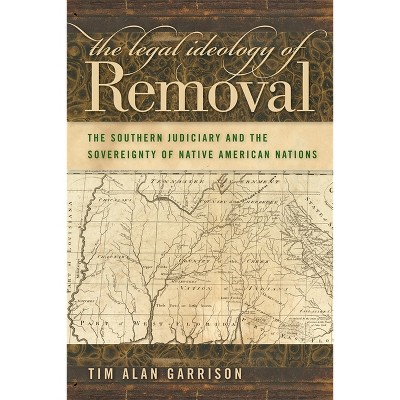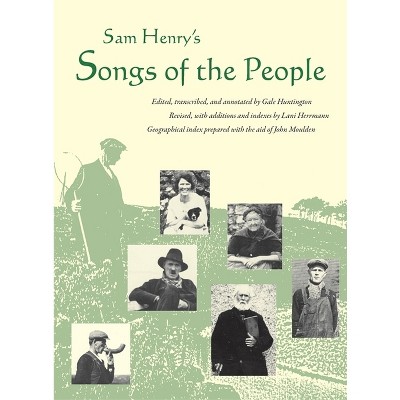About this item
Highlights
- From 1933 to 1941, Macon was the site of the largest archaeological excavation ever undertaken in Georgia and one of the most significant archaeological projects to be initiated by the federal government during the depression.
- About the Author: David J. Hally is a professor and undergraduate coordinator in the Anthropology Department at the University of Georgia.
- 256 Pages
- History, United States
Description
About the Book
The sixteen essays in this volume were presented at a symposium to commemorate the fiftieth anniversary of the founding of the Ocmulgee National Monument in Macon, GA. Among the topics discussed are platform mounds, settlement patterns, agronomic practices, earth lodges, human skeletal remains, and Macon Plateau culture origins.Book Synopsis
From 1933 to 1941, Macon was the site of the largest archaeological excavation ever undertaken in Georgia and one of the most significant archaeological projects to be initiated by the federal government during the depression. The project was administered by the National Park Service and funded at times by such government programs as the Works Progress Administration, Civilian Conservation Corps, and Civil Works Administration. At its peak in 1955, more than eight hundred laborers were employed in more than a dozen separate excavations of prehistoric mounds and villages.
The best-known excavations were conducted at the Macon Plateau site, the area President Franklin D. Roosevelt proclaimed as the Ocmulgee National Monument in 1936. Although a wealth of material was recovered from the site in the 1930s, little provision was made for analyzing and reporting it. Consequently, much information is still unpublished. The sixteen essays in this volume were presented at a symposium to commemorate the fiftieth anniversary of the founding of the Ocmulgee National Monument. The symposium provided archaeologists with an opportunity to update the work begun a half-century before and to bring it into the larger context of southeastern history and general advances in archaeological research and methodology. Among the topics discussed are platform mounds, settlement patterns, agronomic practices, earth lodges, human skeletal remains, Macon Plateau culture origins, relations of site inhabitants with other aboriginal societies and Europeans, and the challenges of administering excavations and park development.From the Back Cover
In Ocmulgee Archaeology, 1936-1986 more than twenty archaeologists reexamine the findings of the largest archaeological excavation ever undertaken in Georgia. The sixteen essays in this volume were originally presented at a symposium commemorating the fiftieth anniversary of the founding of the Ocmulgee National Monument. The symposium provided archaeologists with an opportunity to update some of the work begun a half-century before and to bring it into the larger context of southeastern history and culture and general advances in archaeological research and methodology. Among the topics discussed are platform mounds, settlement patterns, agronomic practices, earth lodges, human skeletal remains, Macon Plateau culture origins, relations of site inhabitants with other aboriginal societies and Europeans, and the challenges of administering excavations and park development. Some of the contributors participated in the Ocmulgee project and thus are able to offer personal perspectives on the value of the work that was accomplished and the potential of the work that still remains to be done.Review Quotes
A must for serious students of southeastern prehistoric and historic Indian times.
--Gary L. Fogelman "Indian-Artifact"A remarkable compendium of Georgia archaeology, both past and present . . . Will undoubtedly become a standard reference in Georgia archaeology, providing not only a sense of the roots of the field in this state, but also a sound overview of the results of fifty years of subsequent research.
--Georgia Historical QuarterlyIn his introduction . . . Hally gives an excellent overview of the vast research that was conducted in the Ocmulgee area during the 1930s and also makes clear how problematic the data collected are for researchers today. . . . The volume provides a summary of contemporary research in the southeast, particularly on the later prehistory of the region, framed in the context of questions raised first in the 1930s.
--American Indian Culture and Research JournalAbout the Author
David J. Hally is a professor and undergraduate coordinator in the Anthropology Department at the University of Georgia.Shipping details
Return details
Trending History







